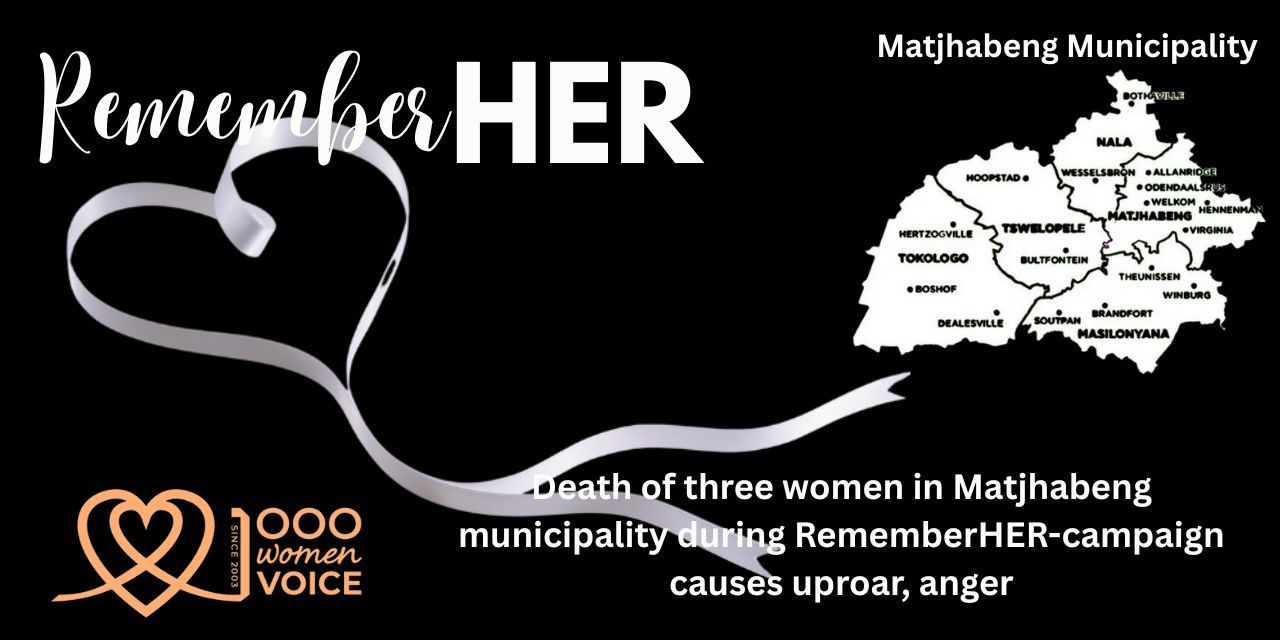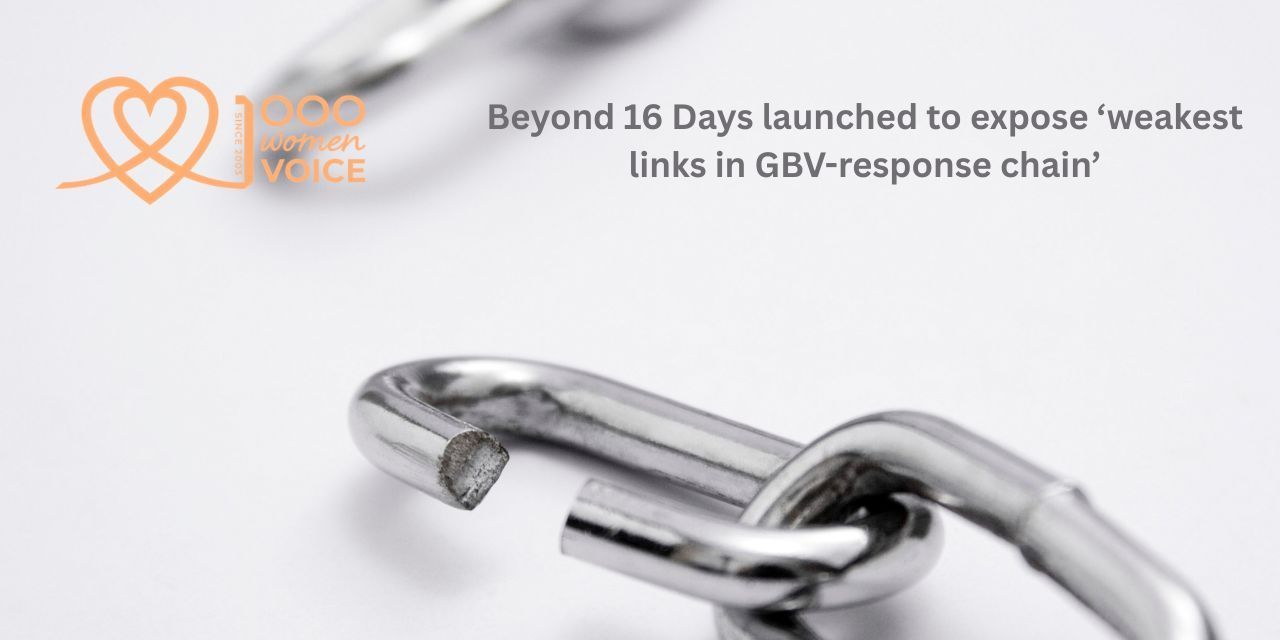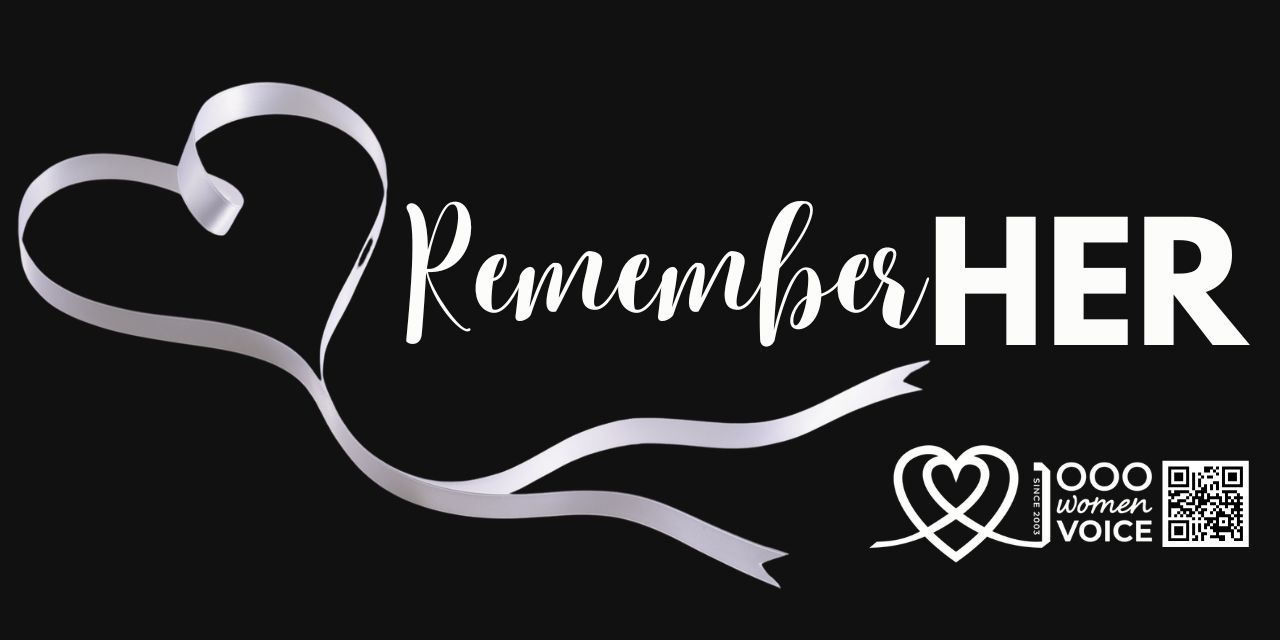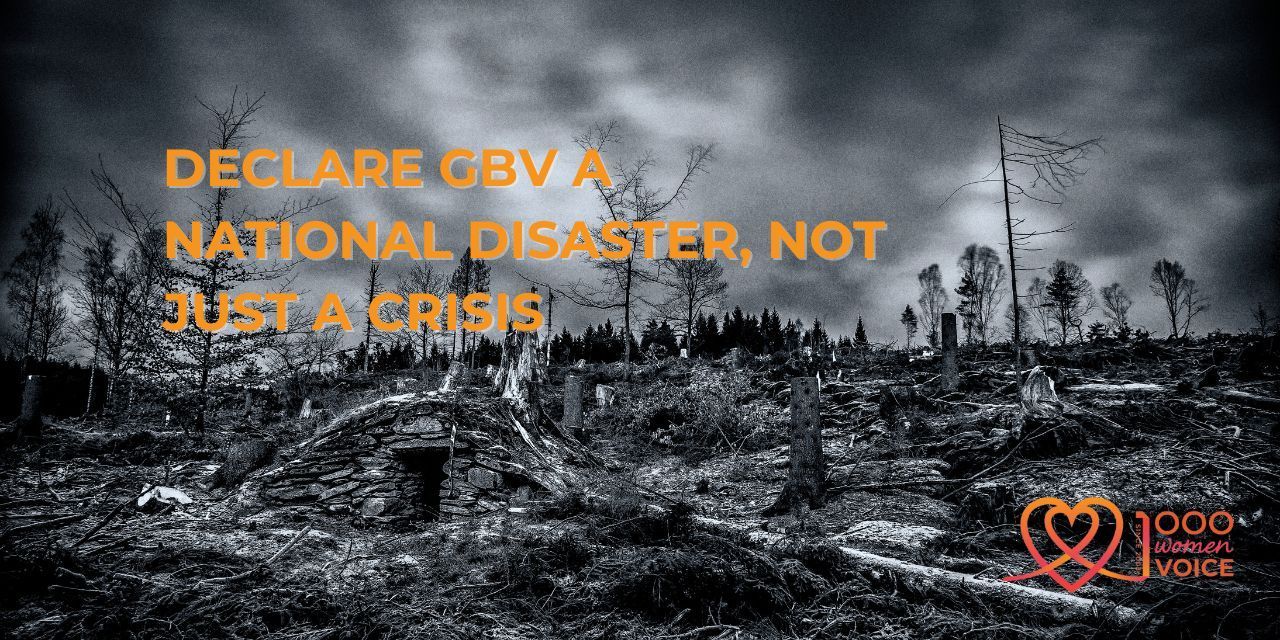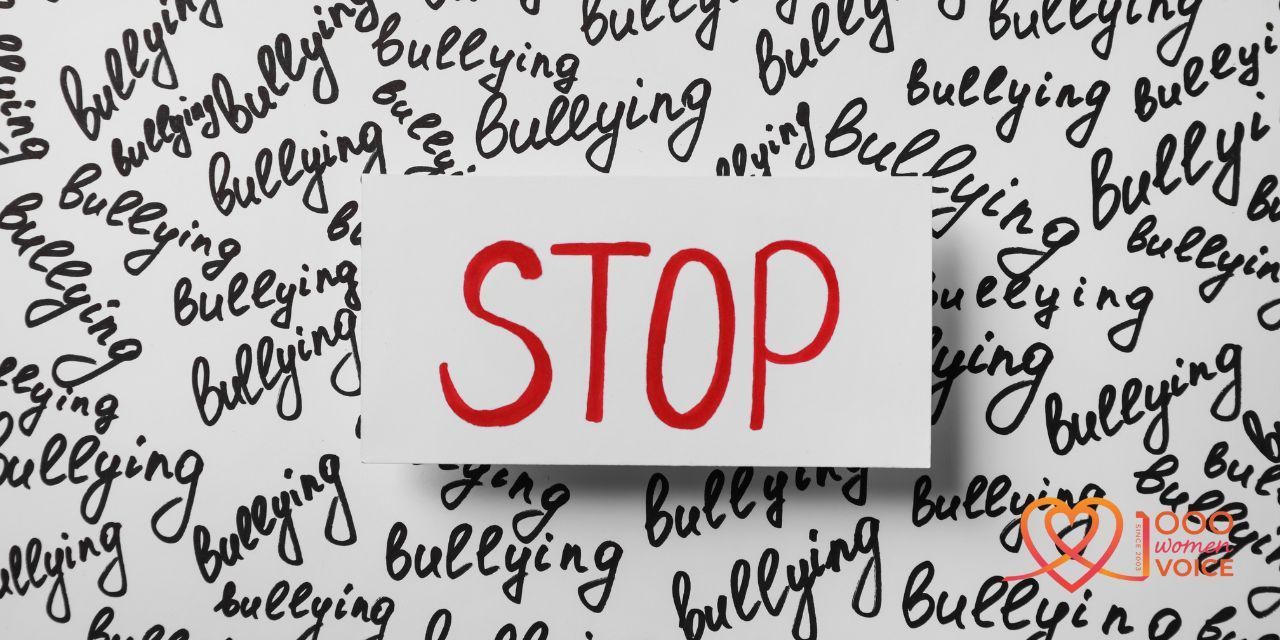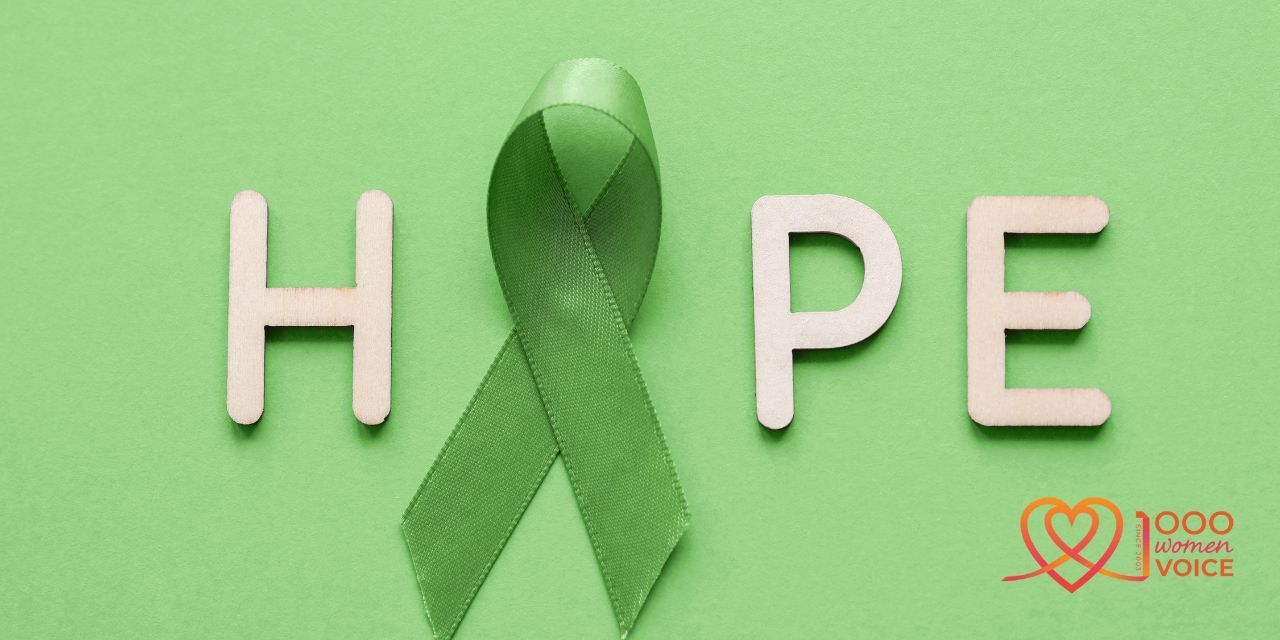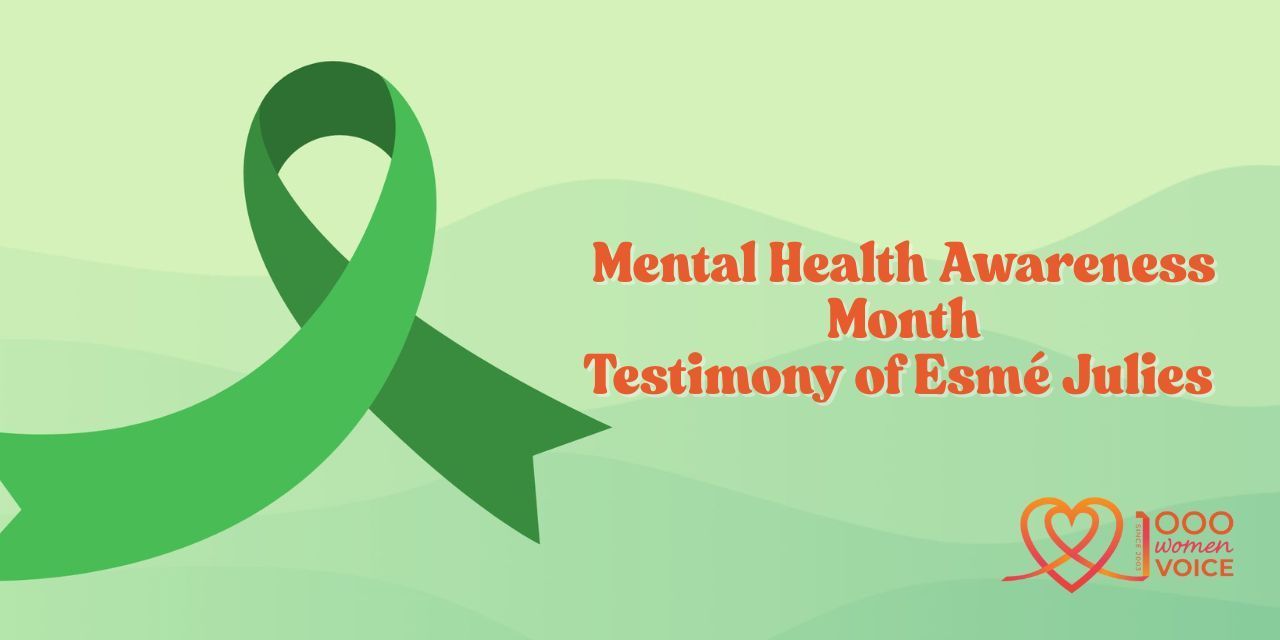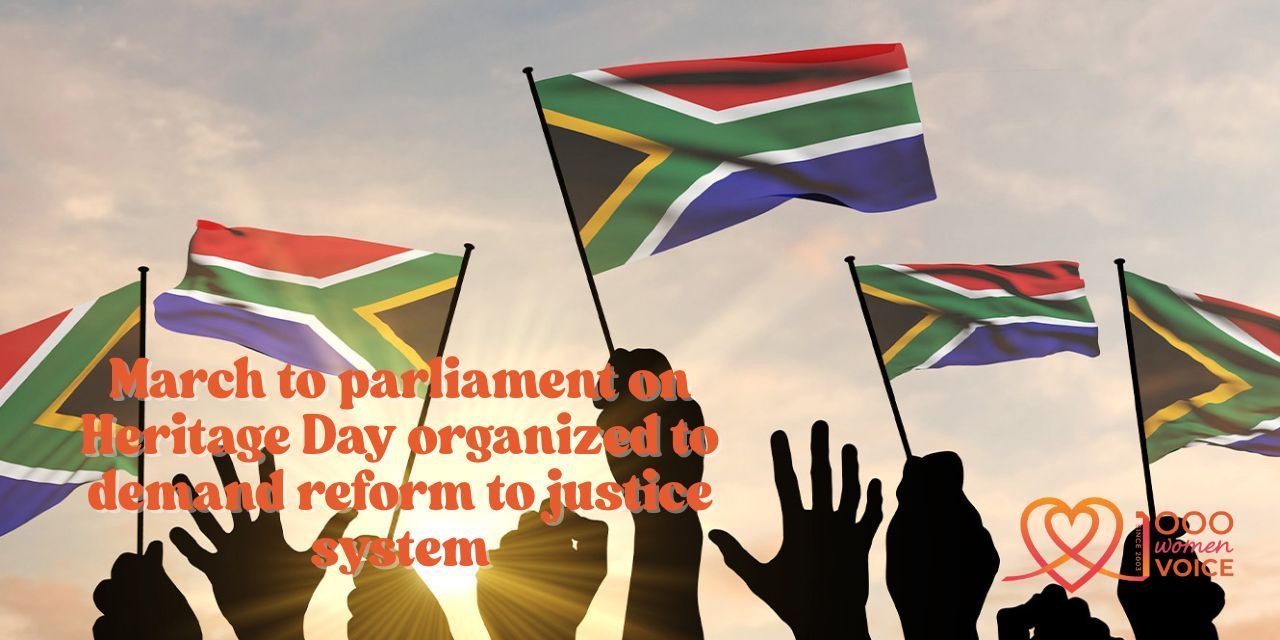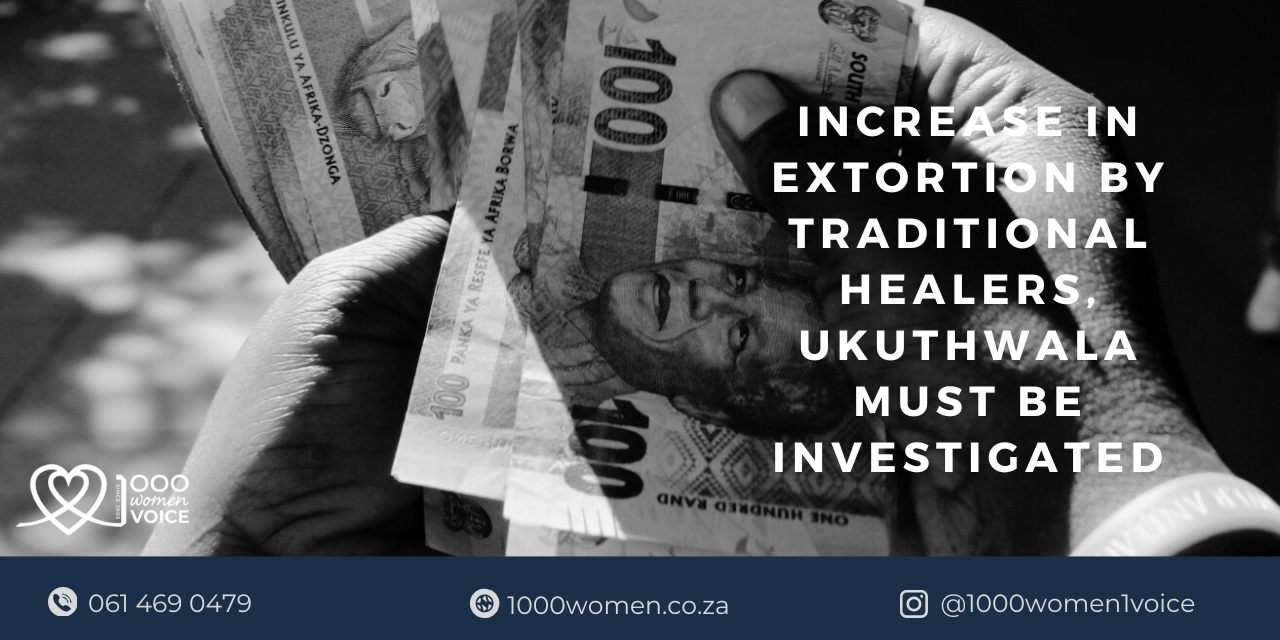High praise for quality of 1000 Women Trust’s hard-hitting anti-bullying course
The bullying course designed and rolled out by 1000 Women Trust is a trailblazer for South African teachers, parents, learners and communities, which, if implemented in more public schools and in communities in Mzansi, can largely reduce the scourge of bullying in the country.
A common theme that emerged from teachers, parents and members of NGOs that attended 1000 Women Trust’s anti-bullying course in June, is that the anti-bullying course of 1000 Women Trust should be used by every school and that NGOs should share it with their members. The attendees of the anti-bullying course in June were unanimous in their praise for the quality of 1000 Women Trust’s course material.
Tina Thiart, founder and trustee of 1000 Women Trust, announced that another anti-bullying course on Whatsapp will run from 5 th July 2022. Teachers, parents, community members who want to attend the course on Whatsapp, can attend on 0732079079.
The anti-bullying course run by 1000 Women Trust enhanced the awareness of the seriousness of this abuse, and the fact that it kills innocent people, said Fahgmeeda Ameerodien Singh. Community role players are in need of this information and therefore it should be rolled out on a continuous basis.
“The material especially is extremely refreshing and informative. It speaks for itself. It must run at every school. A buddy system can be put in place for peers to support each other. Educators’ eyes and ears cannot be everywhere. “We will be sharing this information with our after-school attendees,” said Singh.
Donae Lefleur of Restoration Empowerment Africa in Atlantis, said the training was very informative. The fact that we can go back to the discussions and information that was given to us by 1000 Women Trust, was a bonus. It was awesome,” she said. Restoration Empowerment Africa will utilize the anti-bullying training provided by 1000 Women Trust in Atlantis-schools and also in community youth centres.
“The (anti-bullying) training was very informative and made me aware of so many characteristics and signs of bullying,” said Zaheera Hasshim, program facilitator at Ekahaya ‘Lethu, a Non-Profit organization. “We do social behaviour change programs in schools and this training (of 1000 Women Trust) is a big help as we do not have any programs related to bullying. What I realize is that schools in our area (in the Northern Cape) have no policies on bullying. I could give them the information shared with us in this training.
“I would definitely recommend the 1000 Women Anti-bullying training to parents and teachers as they are the people who have to identify bullying and solve it. “
“The training (performed by 1000 Women Trust) was very informative,” said Lettitia Weziwe Tsutsu, volunteer at Qutlo health promotions in East London. “It has helped me understand the importance of self-esteem.
“The anti-bullying policy is very important and every parent, teacher and member of the community should know about it. Now I understand that each and every school should have an anti-bullying policy that can be shared with parents and students in all institutions. I would recommend this training to every person.”
“The anti-bullying policy (of 1000 Women Trust) should be compulsory at all schools. Sadly all schools don’t have a policy in place. If only all educations and parents become knowledgeable about this policy, there will be so much prevention. As a community activist, I will encourage the training of 1000 Women Trust to everyone,” said Margo Johnson, founder of a NPO, and one of the people that thoroughly benefited from the 1000 Women Trust anti-bullying training course.
Winston Arries, a grade-7-teacher at West Poort Primary School in Mitchells Plain, said the interventions by 1000 Women Trust gave everybody a better insight into the common challenges all people face with the pandemic called bullying. “Seems our schools are the ‘’breeding grounds’’ for bullies as kids get an alternative place to lash out when they don’t succeed at home. Parents and teachers shouldnpt sweep this under the rug but deal with it immediately and decisively in order to protect the victim and in a way, also the bully. Schools and organisations should make this a scheduled point of discussion in their project planning or curriculum. I believe some schools just do what they must, according to the text book. More partnerships should be formed when dealing with this scourge as 1000 Women Trust cannot cover the entire spectrum of society. I have found that you (1000 Women Trust) are doing a sterling job in trying to address this issue.”
Thabile Ndima said: “the anti-bullying course opened our eyes (to make us aware of the danger of bullying). Bullying happens every day to our children. The thing is: we are not aware. As we learned about different types of bullying we know that it happens even at homes, not only at school.
“This course teaches us to handle all types of bullying. Now I am trying to plan a campaign about gender-based violence and bullying in the community. This course taught me a lot.”
A recent study showed that South Africa is rated second in the world with the highest statistics of cyber-bullying – defined as when a child or group of children, under the age of 18, intentionally intimidate, offend, threaten or embarrass another child or group of children, specifically using information technology.
Statistics around the world also show that male bullies at school are twice as likely to turn to bullying their girlfriends and spouses in later years. Additionally, statistics also show that child bullies usually have experienced violence in the home between adults.
Tougher legislation is needed in South Africa when it comes to bullying and a formal stand against any form of bullying in the young or the old can bring an awareness into the future that could influence the lowering of statistics of violence against Women and Girls in this country.
It’s reported that as many as 57% of South African learners have been bullied at some time during their high-school careers. When one considers that we have 2.2 million school-going children in this country, those percentages translate into truly staggering numbers.
This is alarming and 1000 Women Trust has decided to create awareness and provide Women and Girls to find their own solutions to the problem of Bullying in our communities.
Bullying is repeated and intentional threats, physical assaults, and intimidation that occur when individuals or a group exert their real or perceived difference in power or strength on another.
Bullying commonly occurs in schools and can be in the shape of physical, verbal, social, or electronic aggression.
Bullying can take many forms:
• Verbal bullying — includes name-calling, threats of harm, and taunting.
• Social bullying — can involve excluding someone intentionally, encouraging others to socially exclude someone, spreading rumours, or publicly shaming someone.
• Physical bullying — often results in physically harming someone or their belongings by hitting, punching, pushing, spitting, kicking, or tripping.
• Cyberbullying — involves using electronic media such as on the Internet, texting, and social media to spread hurtful and damaging stories, rumours, and images. Although cyberbullying can take place anywhere and anytime, this form of bullying often can travel rapidly through a school population and beyond, devastating the victims and leaving them feeling powerless.
Learners who are perceived as different by other are more likely to be bullied. These more vulnerable learners include LGBT youth, learners with physical, learning, or mental health disabilities, and learners who are targeted for differences in race, ethnicity, or religion.
Both learners who bully and learners who are bullied can suffer lasting psychological effects, including post-traumatic stress. It is vital that schools provide support to all the learners involved in a bullying incident and that schools take steps to reduce bullying.
In a trauma-informed school, the best deterrent to bullying and cyberbullying is to create a culture of acceptance and communication. Such a culture empowers learners to find positive ways to resolve conflicts and has an administration, teachers, and other staff who can support learners in making constructive decisions and respond proactively when aggression of any kind exists on the school campus. These steps can help you get started:
• Establish an anti-bullying policy — Know your state and district policies and seek input from all members of your school community to determine how your school will implement rules of conduct, a way for learners to report bullying, and the process by which the school will act to address reported bullying. Communicate the anti-bullying policy with all stakeholders (Teachers, Learners and parents)
• Put into action a school-wide plan — Disseminate a bullying prevention plan that involves all adults on campus in knowing how to support positive behaviour, address unacceptable actions, and refer learners who need additional counselling. Participate in Anti-bullying Campaigns and organise workshops for teachers and parents. Arrange sessions where children can speak out and report.
• Educate the school community — Incorporate bullying prevention in lesson plans, teach learners how to effectively respond to bullying, and provide resources for parents so they can be partners in your anti-bullying efforts. Encourage the community to participate in awareness campaigns.
In partnership with children’s advocacy organisations 1000 Women Trust has created several tools for teachers to use to communicate Bullying to learners at a young age. In addition, we have designed posters to give advice of how to create BULLY FREE Schools.
To encourage participation, we are launching an ANTI-BULLYING Poster competition. Our research shows that art is a powerful tool for social change and using art create opportunity for dialogue and creating social change.
Our focus at the 1000 Women Trust will be to provide women the opportunity to learn how bullying affect leaders and what we as parents and friends can do to support other women and girls.
